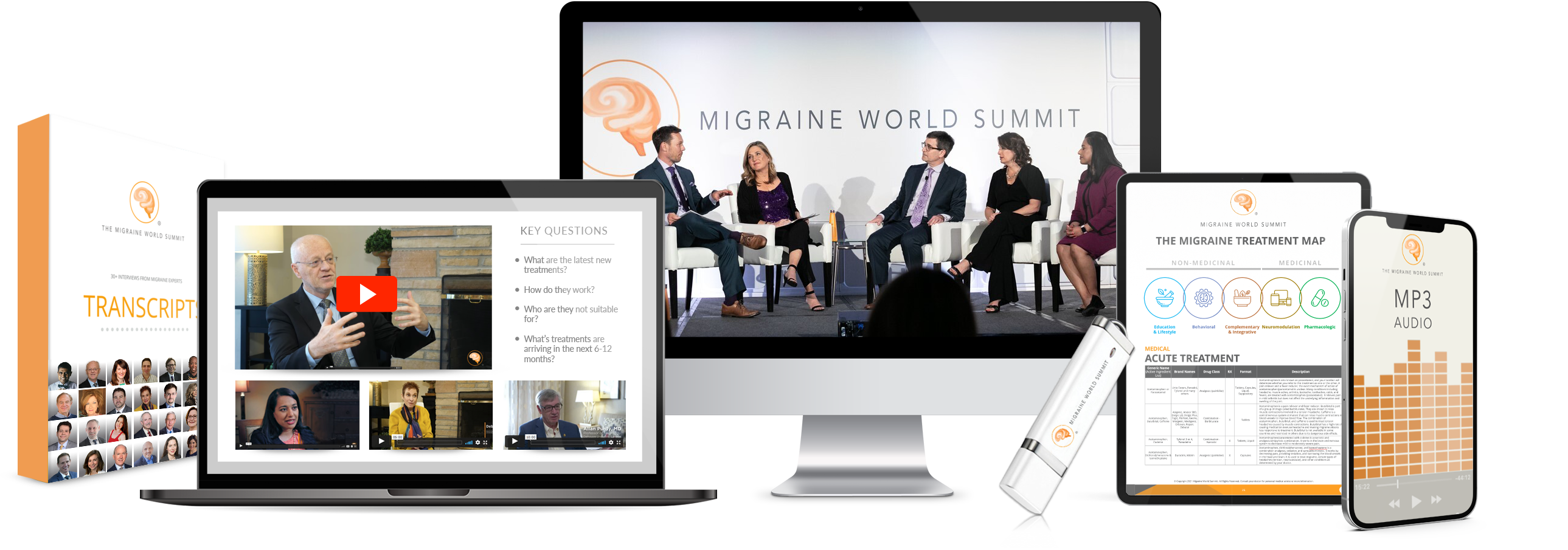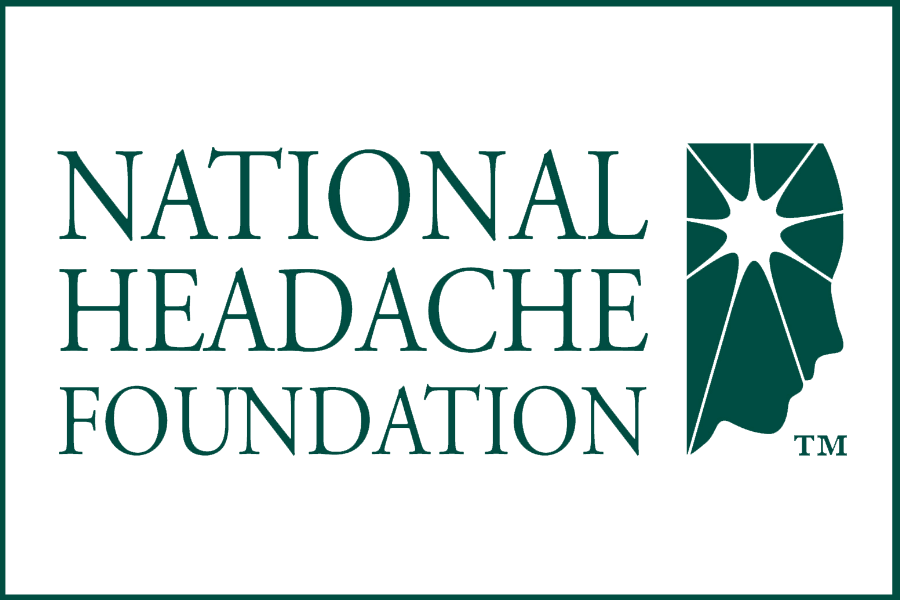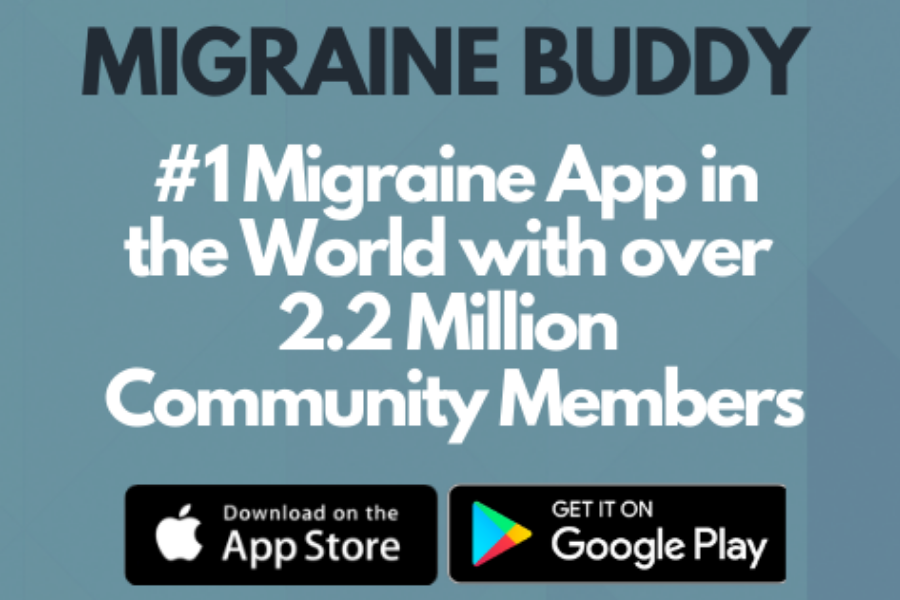Common Traps of Chronic Migraine
You are currently watching a preview of this interview. Unlock the full version by upgrading to an Access Pass bundle! Get FREE access to 8 expert interviews from Day 1 and Day 2 when you register today!
Key Questions
- What is chronic migraine?
- Why does migraine become chronic?
- How does chronic migraine differ from episodic?
- How do we balance using acute treatment to stop attacks and using too much acute medication?
- If migraine treatments are not working, what other conditions and treatments should be investigated?
- What strategies can be used when the treatment is not sufficient?
- What complementary modalities can augment preventive treatments?
- Why do some treatments work for some people and not for others?
- What can be done to prevent going from episodic to chronic?
- Is there hope for someone with chronic migraine who has not responded to anything they’ve tried?
Interview Notes

Deborah Friedman, MD, MPH, FAAN, FAHS
Neuro-Ophthalmologist & Headache Specialist
Yellow Rose Headache & Neuro-Ophthamology
Dr. Deborah Friedman is a neurologist specializing in headache medicine and neuro-ophthalmology in Dallas. She was the founding director of the Headache and Facial Pain Program and Cerebrospinal Fluid Dynamics Program at the University of Texas Southwestern Medical Center. She is board certified in neurology and headache medicine, and is a Fellow of the American Academy of Neurology, the American Headache Society (AHS), the American Neurological Association, and the North American Neuro-Ophthalmology Society (NANOS).
She served on the board of directors for the AHS and the Southern Headache Society, as a past president of NANOS, and on the steering committee for the Idiopathic Intracranial Hypertension Treatment Trial. She has published over 130 articles in peer-reviewed journals and 27 book chapters. Her key interests are intracranial pressure disorders, migraine, and cluster headache.

Purchase full access to the entire 2024 Summit. Includes:
- All expert interviews with separate audio (MP3) files & transcripts
- Lifetime on-demand access with no annual fee to 2024 Summit
- Interview Summaries
- Treatment Guidelines
- And much more!
Related Talks for: Day 3 (2020) Types
How Pain Works in the Migraine Brain
Patricia Pozo-Rosich, MD, PhD
Hormonal Migraine Seasons in a Woman’s Life
Jessica Ailani, MD, FAHS, FAAN
Status Migraine: When Pain Doesn’t Stop
Christina Treppendahl, FNP-BC, AQH, MHD
COVID-19 and migraine
Shivang Joshi, MD, MPH, RPh
Over the past 50 years, our mission at the National Headache Foundation has been to further awareness of headache and migraine as legitimate neurobiological diseases. Much has changed during this time. With aid from advanced technology and clinical innovation, there are more treatment options than ever before. However, we understand that these diseases are still largely misunderstood and that finding the right treatment options for you requires insight.
Recording a migraine is a breeze. Migraine Buddy offers an intuitive interface with an easy-to-use wizard style questionnaire. Track your potential triggers every day to see which ones are the likely causes of your migraines.
Provides insightful and detailed reports for your migraines. It helps identify potential triggers and lifestyle factors which could cause migraines. Also, it helps your doctor to assess the effectiveness of prescribed medication and relief methods.

Adjust video play speed to go faster or slower. Tweak video controls if you are feeling a bit impatient or brain-foggy. You can also adjust the video resolution if your internet connection is busy.








